Artificial Intelligence (AI) is no longer just a buzzword. It is embedded in everyday work, from drafting emails to automating entire workflows. For Memeburn’s…
12 SA tech entrepreneurs who made headlines in 2019
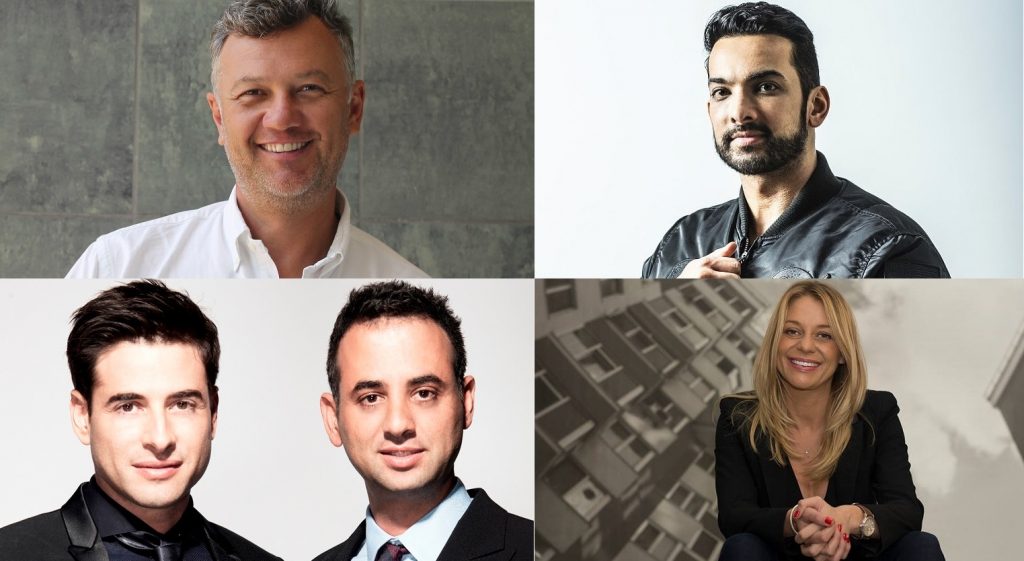
This year, you could say, was full of drama for SA tech startups.
From a public spat between well-known SA businessmen, a SA doctor who announced plans to launch SA’s first vertical business jet and Eran Eyal, a SA entrepreneur convicted in the US with defrauding investors of millions of dollars through various schemes, 2019 was a riveting read.
So riveting, that we picked 12 SA entrepreneurs that made the news — some of them through controversy, and others just because they’re doing way out things.
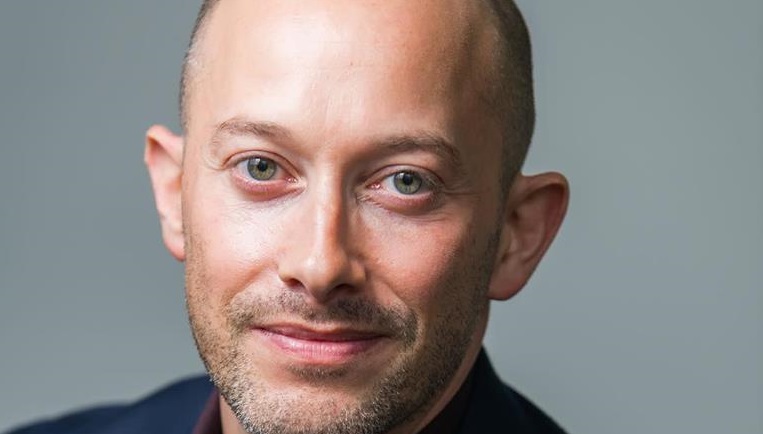
1. Eran Eyal
SA entrepreneur and former Springleap and Shopin founder Eran Eyal was last week convicted in a New York court of defrauding investors of millions of dollars through three investment schemes — including a $42.5-million initial coin offering (see this story) run by Shopin.
While he won’t serve jail time, he will have to pay back $600 000 to investors he defrauded, among other penalties, including having to step down as CEO of Shopin.
In a statement last Thursday, New York Attorney General Letitia James announced that Eyal, 44, of Brooklyn, New York, was convicted for operating a series of three securities fraud schemes, including a fraudulent ICO in his new cryptocurrency startup Shopin.
It follows a court appearance in New York on Wednesday in a case that has dragged on since the beginning of this year, after he was charged in August last year for stealing $600 000 from investors (see this story).
He is due back in court in February next year.
Meanwhile, last week fresh charges were laid against him by the US’s Securities and Exchange Commission (SEC), for running a fraudulent unregistered securities offering that raised more than $42-million from hundreds of investors (see this story).
The SEC also alleges that Eyal misappropriated investor funds for his personal use, including at least $500 000 used for rent, shopping, entertainment expenses and a dating service.
2. Ran Neu-Ner and Gil Oved

It emerged earlier this year that former Vodacom executive Romeo Kumalo and one time Shark Tank presenter Gil Oved are at the centre of a legal battle, in which the pair’s former business partners allege that the two cut them out of a multi-million rand Vodacom deal (see this story).
The allegations form part of an ongoing legal dispute launched against Oved and Kumalo in November last year by Oved’s former business partner, Creative Council co-founder Ran Neu-Ner (pictured above, right with Oved), and Kumalo’s former friend, former Supersport CEO Happy Ntshingila (see this story).
Kumalo and Oved do not dispute that the four agreed to form a consortium in 2016 to pursue various business opportunities — but argues instead in a responding affidavit that the only earnings the two are entitled to relate to an acquisition deal involving the purchase of an equity stake in multinational Channel Vas — which they say never came off.
The multinational company — which has offices in Dubai and Athens — subsequently won a multi-million rand tender in December 2017 to supply loaned airtime and data to Vodacom pay-as-you-go customers.
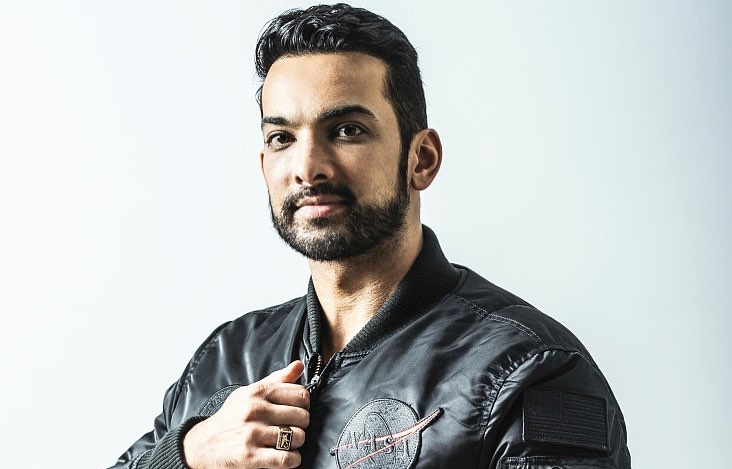
3. Dr Reza Mia
The founder of SA company Pegasus Universal Aviation is looking to raise R20-million from private investors to build a full-scale model of what it claims will be the world’s first true business jet coupled with helicopter convenience. In all, he needs $500-million in total, to fund the development of the jet over the next five to seven years.
The offer opened on 23 September and closes this Sunday (22 December) (see this story).
Mia says the vertical take-off and landing (VTOL) Pegasus vertical business jet will have the capabilities of a helicopter and some military capabilities, but will be faster and be able to land practically anywhere, even on grass.
Mia was also at one time selected to join Mensa (a high IQ society — Ed). He told Ventureburn last month that he took the Mensa test because he wanted to know if he was “an idiot or if I was thinking ahead”.
He also has other innovations up this sleeve, like the concept for a device to deliver babies who are in breach to save both the mother and baby from potential harm when there is no access to surgical intervention (see this story).
What of the naysayers who don’t believe the project will come off? Says Mia: “I’m a doctor, I have an MBA, I’m a member of Mensa. I’m a genius. So, if I’ve spent seven years investigating this, you must legitimately look into it.”
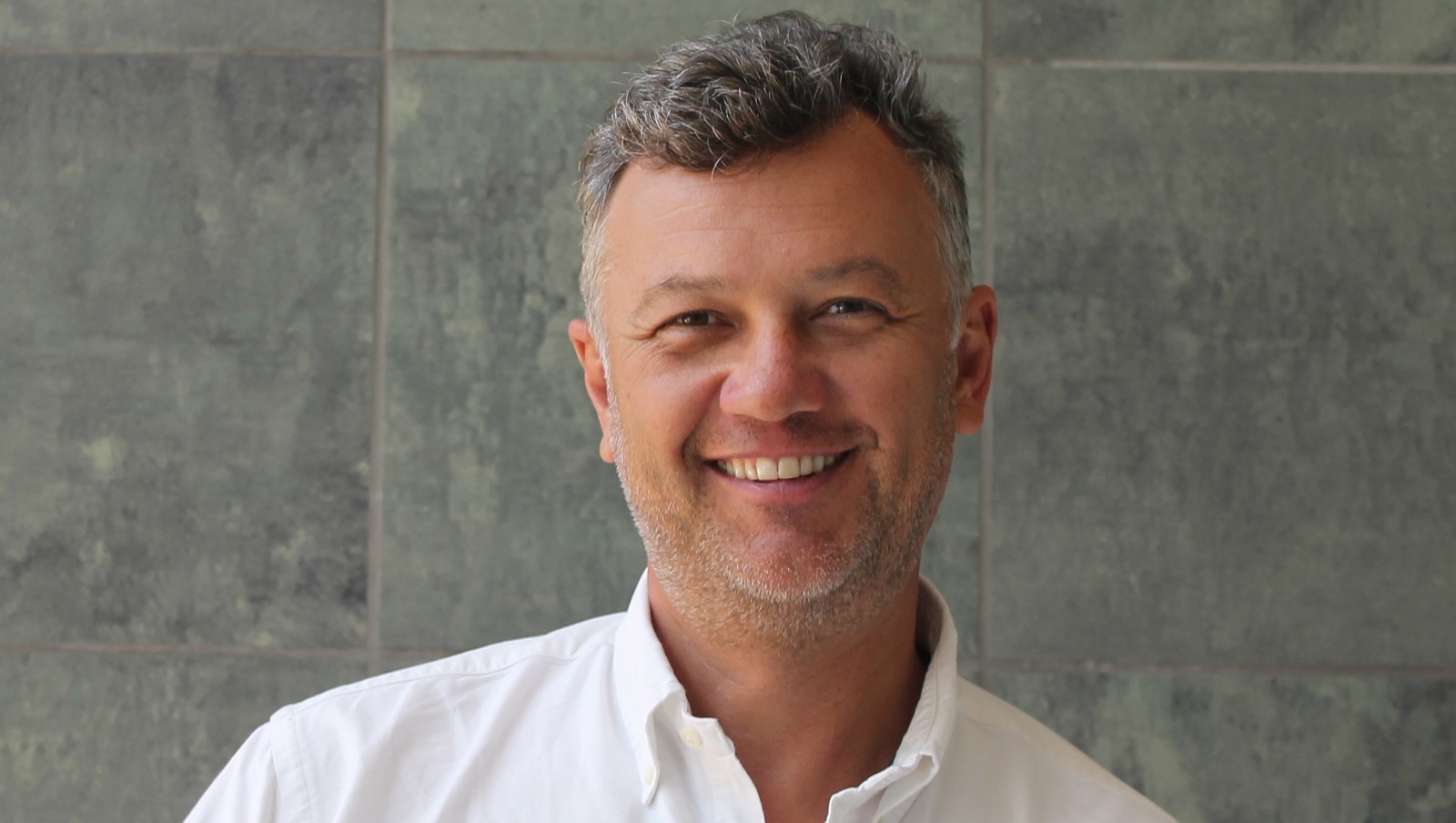
4.Michael Jordaan
Bank Zero announced last month that it is a step closer to launching operations to the public, after having completed its core value proposition and having gone live with its debit card.
In a statement at the time the bank said it now expects to launch to the public in the first half of next year — a delay of about a year over the bank’s earlier plans to launch by middle of this year.
In March the bank said in a statement that it expected to launch to the public in the second half of 2019.
Commenting on the delay in the launch, Bank Zero chair, venture capitalist and former FNB CEO Michael Jordaan admitted last month that “real life has taken a longer than we had originally anticipated”.
“In short, we built the entire IT software stack ourselves. This means we have a fully integrated core banking platform with full reconciliations and embedded compliance that operates across all payment rails.
“Our process could have been faster — but much, much more expensive and me-too — had we bought a traditional banking system and customised it to integrate with other, bought systems and outsourced the building of payment rails,” he pointed out (see this story).

5.Thandile Jwambi and Tatolo Kutumane
Two Gugulethu entrepreneurs — who in June took on Nedbank over the alleged infringement of their Instablock patent — were forced in August to issue a fresh summons against the bank, in the South Gauteng High Court in Johannesburg.
This, after the two to withdraw their initial case, because they had neglected to appoint a patent attorney to act in a permanent position on the case, as is required when defending a patent case.
It emerged in the new summons, that the two, Thandile Jwambi and Tatolo Kutumane, had dropped their demand for more than R280-million in damages and want the court to decide how much Nedbank should pay in royalties they say the bank owes them.
Furthermore, the two entrepreneurs want an interdict restraining Nedbank from further using, making available in any format or disclosing, the invention in the absence of the payment of a reasonable royalty.
The two allege that Nedbank stole their idea for a card-blocking system which they presented in a pitching competition hosted by LaunchLab in Stellenbosch in 2015 and which was sponsored by the bank (see this story).
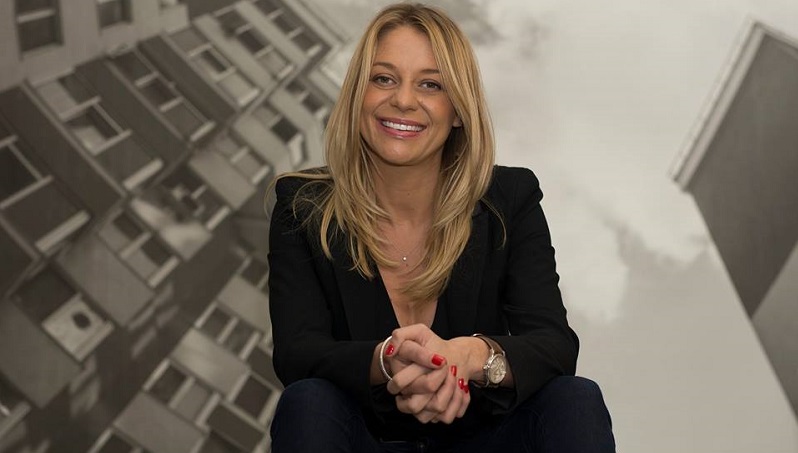
6.Benji Coetzee
Benji Coetzee, the founder and CEO of online trip exchange platform EmptyTrips, in June confirmed that she had exited the business that she started in 2017 and that the startup had been sold (see this story).
While Coetzee did not say who had acquired the company, Unicorn Capital Partners executive assistant Kayleigh van der Hoff told Ventureburn at the time that the fund — which had a 20% stake in Empty Trips — was exiting the company.
The confirmation that Coetzee had exited her startup came just weeks after she accused state-owned enterprise Transnet Freight Rail (TFR) of killing a R47-million a year cargo contract that the logistics startup had signed with brewer AB-Inbev.
At the time TFR claimed it pulled a cargo load of beer the startup was handling because of technical reasons, Coetzee believes more sinister motives were behind the state-owned enterprise’s decision to pull the load at the last minute (see this story).
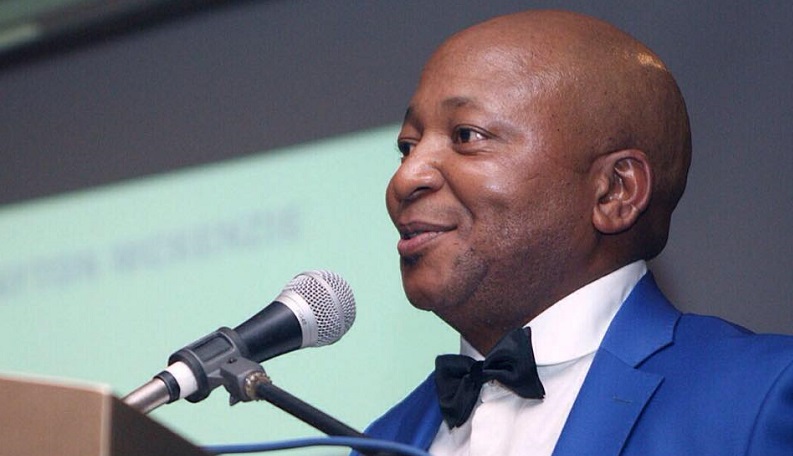
7.Kenny Kunene
SA businessman and former “Sushi King” Kenny Kunene in April said he remained confident in a ride-hailing startup he’s invested in, despite it emerging at time that the company’s founder was embroiled in a legal dispute which involves a kidnapping and theft of the company’s intellectual property (IP).
Kunene announced at the time that he had invested an undisclosed amount in Johannesburg based Yookoo Ride, a firm that was founded in 2017 by Temesgen Tesfay. The Ethiopian last week told Ventureburn that he’s netted R20-million from investors so far.
Kunene is listed on the startup’s website as the company’s managing director.
At the time Tesfay revealed to Ventureburn that he had taken the firm’s former Ethiopian and South African business partners to court, alleging that at beginning of last year they kidnapped him and forced him to hand over the firm’s IP to them, by forcing him to provide them with passwords to his web platform, among other things (see this story).
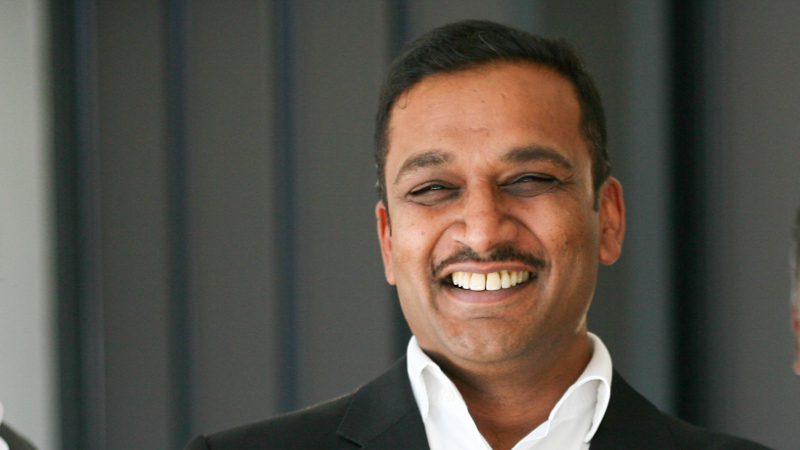
8. Avi Naidoo
Investors and shareholders may have lost R8.5-million that they had invested in SA insurtech Fo-Sho when the co-founders shut the business down in February, but the startup’s former CEO Avi Naidoo is not letting it get him down.
The Joburg-based startup was founded in 2016 by Naidoo (pictured above), Mithun Kalan and Siva Moodley. Moodley subsequently left last year to pursue another startup in the fintech sector.
In December, just months before the business shut down, Naidoo said the startup had plans to expand the firm’s customer offering and to get an office in Botswana up and running.
Speaking to Ventureburn in October after the publication called him when a weblink to the startup’s website was being redirected to another domain name, Naidoo said the startup was forced to shut down after its underwriter, Constantia, decided to withdraw its backing in October last year “for strategic reasons” (see this story).
But the entrepreneur hasn’t quite thrown in the towel.
While Kalan is doing consulting work, Naidoo and three other partners are now reworking Fo-Sho’s algorithm to develop an artificial intelligence (AI) powered insurance product for a local investment house.
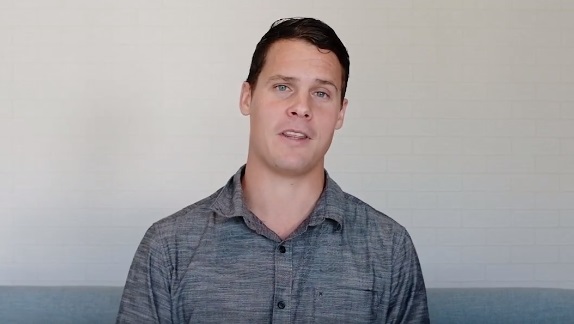
9. Adii Pienaar
SA entrepreneur Adii Pienaar, who helped launch WooThemes before it was acquired by Automattic for a reported over $30-million, announced in October that his latest startup Conversio had been acquired by the CM Group — reportedly for over R100-million (over $6.7-million) (see this story).
Nashville-based CM Group has a family of global marketing technology brands. The firm generates tens of millions of dollars a year.
Pienaar (pictured above), who founded Conversio in 2014 (it was initially called Receiptful before a 2016 rebranding), made the announcement in a blog post in October. At the time he said his startup will be rebranding to become CM Commerce.
When contacted by Ventureburn at the time Pienaar, who is based in Cape Town, declined to reveal the amount that his startup was acquired for, other than to say the figure is a “significant” one and that the startup was generating a multi-million dollar annual revenue before the sale was concluded on 5 August.
However an investor, who took part in a 2015 angel investment round in Conversio of over $500 000 and who asked not to be named, said the startup was acquired for over R100-million.
Pienaar said he would be staying on with the startup’s current 12-member team based in the US, Canada and Europe. “I will still be leading the product and team,” he confirmed.
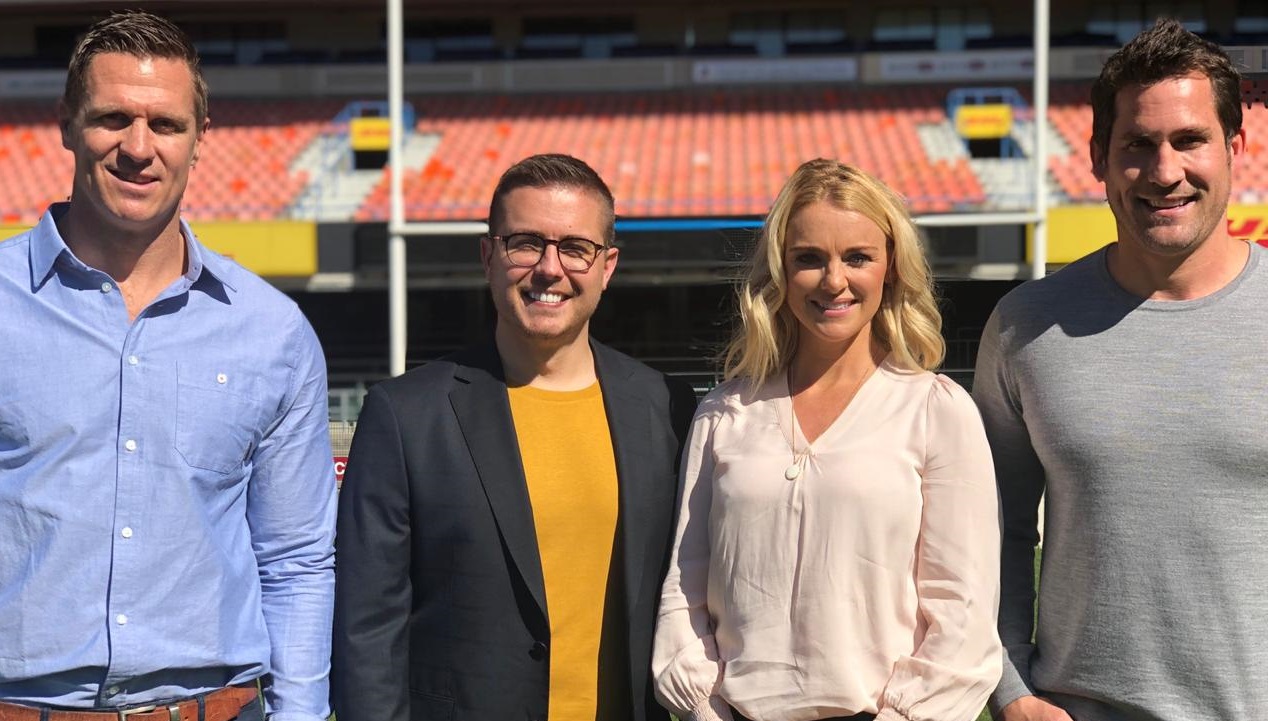
10. Jean de Villiers and Dylan des Fountain
This year it emerged that former Springbok rugby captain Jean de Villiers and former Lions rugby player Dylan des Fountain had teamed up to form a new startup — MyFanPark.
The startup’s platform, which went live in May, allows fans to receive video messages from local sports stars and celebrities (such as comedians and musicians, among others) via messaging platform Whatsapp.
For example, fathers can use the service to send a video clip of their son’s favourite sports star before their son is about to play a big match.
Presently 181 celebrities and sports stars have registered active profiles, Des Fountain (pictured above, far right with fellow founders) told Ventureburn today (also see this earlier story).
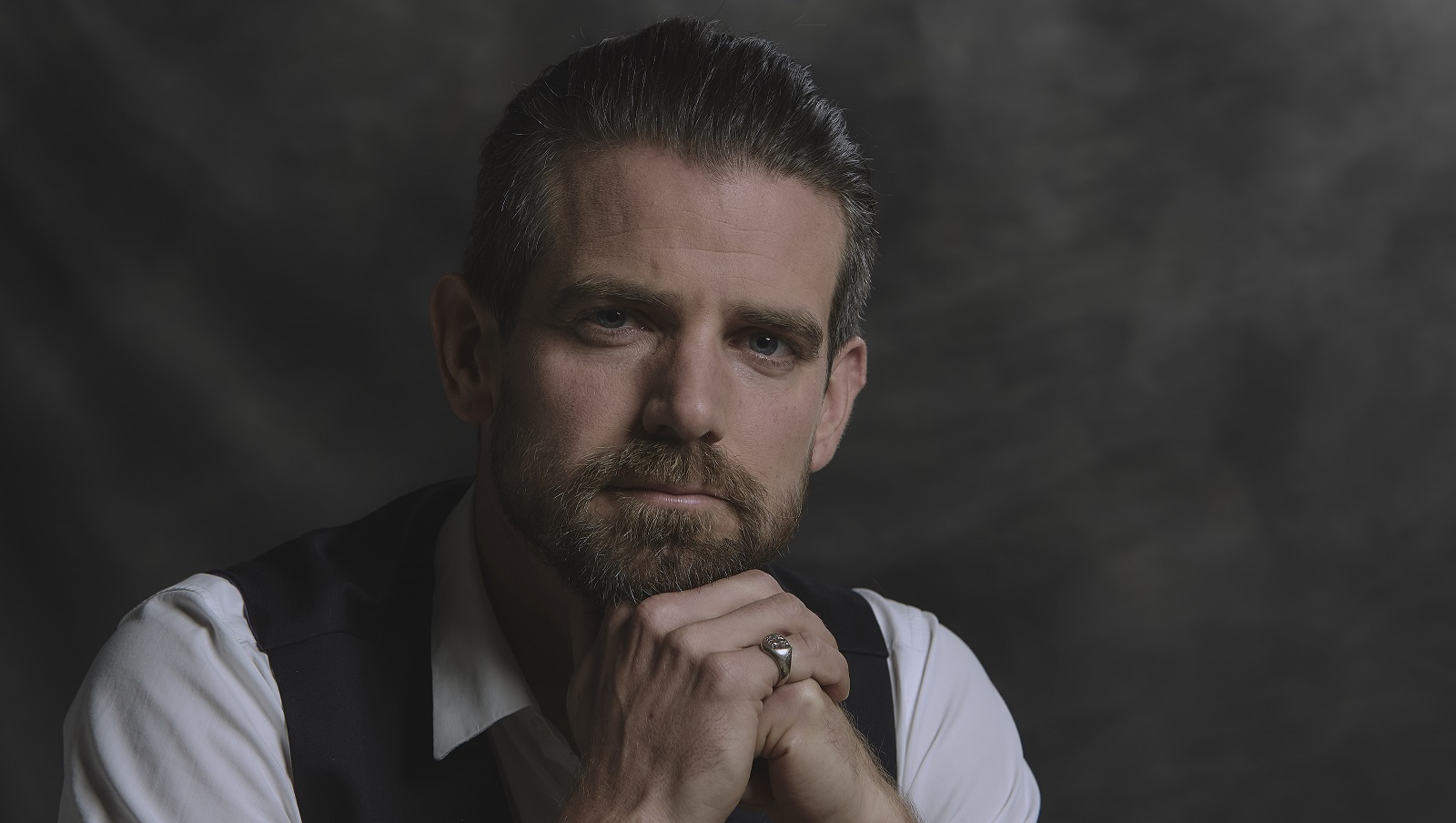
11. Rob Paddock
After exiting his education platform GetSmarter for over $100-million to US company 2U in 2017, Rob Paddock is back with a new startup — an entirely online high school. And he has big aims — to educate 100 000 students over the next 10 years (see this story).
Getting Getsmarter ready for exit was no easy thing. Last week Paddock told Ventureburn how he “burnt himself into the ground” on his way to closing one of the biggest deals ever in SA’s tech startup sector and scaling the company he started in 2008 with his brother Sam (see this story).
His latest endeavour — Valenture Institute, which he began working on in December last year — is an entirely online school for high-school students (grades 9 to 12) which is aligned to the UN’s Sustainable Development Goals (SDGs).
The company’s marketing site was launched on 3 September and the school is expected to begin with its first classes in 2020.
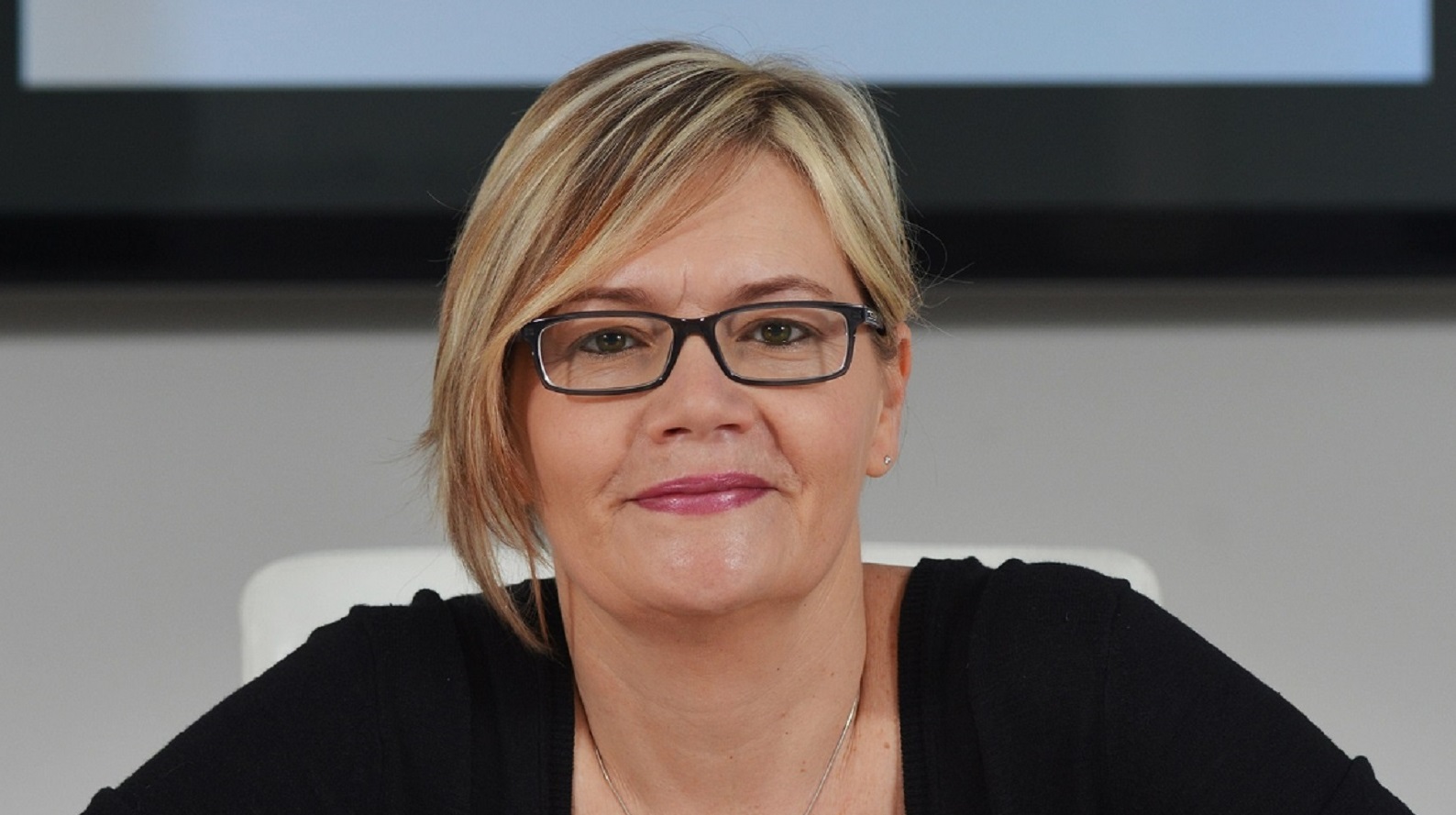
12. Darlene Menzies
In March, SMEasy founder Darlene Menzies has hit back at MTN’s claims that there was no exclusivity clause in a multi-million dollar distribution deal that her startup signed with the telco giant three years ago and that failed to materialise (see this story).
The exclusivity clause is at the centre of a spat that has turned public, between MTN Group and SMEasy.
At the time Menzies said MTN locked her accounting software business SMEasy in a three-year agreement, preventing the company from expanding by distributing its accountancy product to micro firm customers on the rest of the continent (see this story). The deal is set to expire on 1 April.
However, MTN hit back by claiming that the product failed to gain market traction (see this story).
In an email to Ventureburn at the time, Gareth Rees, MTN’s general manager of global enterprise products said the telco giant entered into the agreement with SMEasy “with the intent to make it work”. “The reality is that there was very little take up,” he said.
Editor’s note (18 December 2019): We updated this listicle to include MyFanPark’s latest number of celebrity sign-ups, a figure provided by the startup’s co-founder Dylan des Fountain subsequent to the list’s initial publication.

